Indigo

Every month, 900 individuals
are human trafficked in Nebraska.
As a community, we can work together to end human trafficking—and ensure that the road to Omaha is filled with promise, not exploitation. A joint effort between Youth Emergency Services and the Women’s Center for Advancement, Indigo is a resource for building awareness, educating the community, and healing victims of human trafficking in the Omaha metro area.
Together, we are providing victims ages 16-25 with:
Food, clothing, and toiletries
Crisis counseling and emotional support
Emergency or transitional housing support
Education and employment support
Transportation
Medical advocacy
Immigration and legal services
Case management
Wellness programs
Family-finding services

If you or someone you know needs help,
call 911 or the National Trafficking Hotline.
If person is 18 years or younger, don’t hesitate!
Call Child Protective Services at 800.652.1999.To connect a potential victim with services and support,
please call 402.578.SAFE.To learn more about services available to victims
please call the Indigo Project at 402.345.5187.
What are the possible indicators of trafficking?
Recognizing key indicators of human trafficking is the first step in identifying victims and can help save a life. Here are some common indicators:
Disconnected from friends, family, school/community/spiritual organizations
Lack of school attendance
Sudden or drastic behavior or personality changes
Increased/developmentally inappropriate sexualized behaviors
Signs of abuse: unexplained injuries, disoriented, fearful, weight loss
Loss of independence or autonomy
Poor or unstable living conditions
Lack or personal possessions
Note: Not all indicators listed above are present in every human trafficking situation, and the presence or absence of any of the indicators is not necessarily proof of human trafficking.

Is someone I know at risk?
Community Risk Factors
Lack of:
- Resources
- Knowledge of trafficking
“Underfunded”
- Schools
- Neighborhoods
- Communities
Relationship Risk Factors
Family Conflict
Lack of:
- Supportive adult
- Supervision
- Financial stabilitySystem Involvement
- Delinquency
- CPSAny History of Abuse
Witnessing or Surviving Domestic Violence
Individual Risk Factors
Substance Misuse
Homeless or unstable housing
In Foster Care
Developmental Delays
LGTBQIA+
Immigration Status
Member of any marginalized group

Listen and try to understand.
Believe the information that is being shared with you; try to build trust and not determine facts.
Be patient and understand that people who have experienced trauma are not always able to share all that has happened to them all at once.
Understand that behavior is an expression of need; help to identify the need and do not be quick label, judge, diagnose or be punitive.
Ensure that emergent needs are responded to by professionals who are able to help; people cannot share their story when needs for safety, food, housing, and security are not addressed.

Resources
Indigo is a partnership with the Women's Center for Advancement but WCA is also and important resource for our community. If you or someone you know needs help or is in a dangerous, please call the National Domestic Violence Hotline or the National Human Trafficking Hotline.








